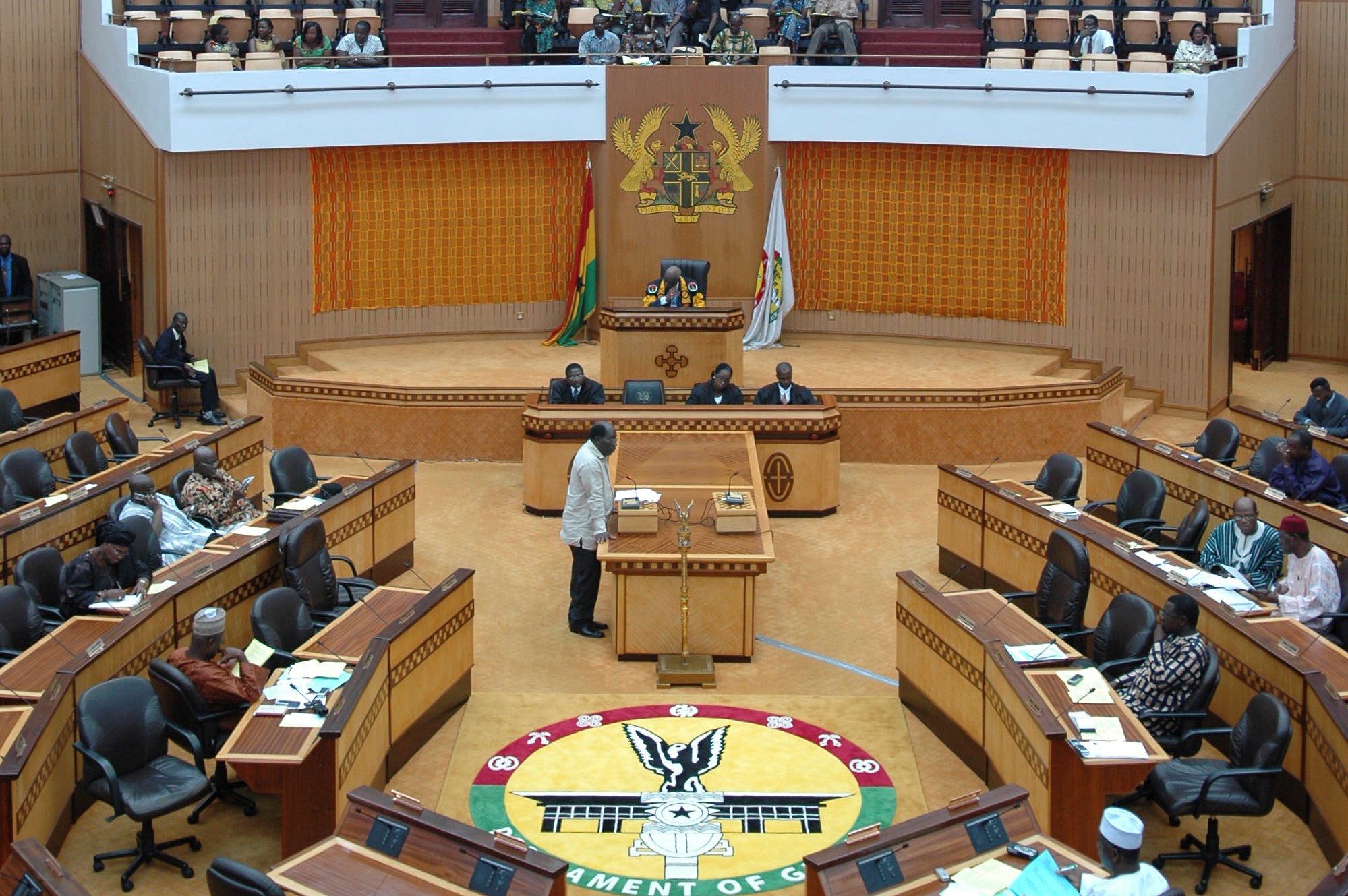
Photo credit: Jonathan Ernst / World Bank
Comprehensive data for monitoring the progress of SDG implementation is crucial to enable parliaments to perform their oversight and accountability role effectively and ensure no part of the country is left behind. Led by the African Centre for Parliamentary Affairs (ACEPA) in partnership with the Ghana Statistical Service (GSS) and the International Network for the Availability of Scientific Publications (INASP), Data for Accountability is the first project specifically aiming to strengthen the use of statistics in parliamentary oversight and representation in Ghana.
The SDGs pose challenges for many countries that have committed to the 17 goals but are not equipped to monitor progress using the corresponding 232 indicators. Incomplete statistical coverage of the indicators is a key part of the problem: more than half of the global indicators do not have data collected by most countries or established methods for measurement to track progress.
Ghana has made a commitment, globally and nationally to achieve SDGs, and is leading the way with President Nana Akufo-Addo playing a global role as Co-chair of the Eminent Group of Advocates for the SDGs (the global body appointed by the UN Secretary-General). Parliament of Ghana is one of the few parliaments that has a committee responsible for monitoring implementation towards the SDGs.
Despite the strong shared support for the SDGs from multiple branches of government, a collaboration between parliament and the statistics service in Ghana has been limited. However, recent reforms of the national statistics systems provide the opportunity to change this. A newly passed Statistics Bill (Act 1003, 2019) has significant, positive implications for the integrity of government-generated data and public trust in that data. The law, among other things, is seeking to enhance the ability of Ghana’s Statistical Service to modernize and innovate in the production of relevant and timely data and establish a code of ethics and practice for statisticians in the National Statistical Service.
But, the production of high-quality data is not in itself sufficient for monitoring progress towards the SDGs; this must be accompanied by its systematic use to track government implementation and expenditure:
· Parliamentary researchers, librarians, committee clerks, and other staff who are responsible for providing evidence to decision-makers need to be able to easily access, interpret and use data to answer MPs’ questions and prepare reports and analysis to inform committee oversight of the government.
· MPs need to be able to see the status of key indicators such as health, education, and infrastructure in their constituencies so that they can represent their needs.
Data for Accountability will help Parliament to oversee the implementation of the SDGs in Ghana, by providing the evidence needed to monitor progress and advocate better for their constituencies. In addition to supporting Parliament’s oversight of SDG progress, the project aims to strengthen:
· MP’s appreciation of the value & contribution of data to parliamentary decision making
· Credibility and trust in data from the Ghana Statistical Service and other data producers,
· The capacity of GSS statisticians and other data producers to engage with Parliament and provide data to inform policy and decision making
· The capacity of parliamentary research officers to provide MPs with data and evidence that is most relevant to their work
Data for Accountability will use a range of approaches to strengthen the collaboration between data producers and parliament and support parliament to use data to oversee progress towards SDGs, including training and mentoring of MPs, parliamentary staff and GSS staff.
Effective representation of citizens requires that MPs are knowledgeable about their constituencies, the characteristics and the needs of the segments of people they represent. DAP will support the development of constituency specific data - enabling MPs to better monitor the SDGs in their communities and represent constituents’ needs.
An SDG desk will be established within the Parliamentary Research department to support committees to track and report on SDGs, and a Data Fair will be instituted to enable producers of research to showcase the availability of important data to parliament.
This project is situated in an emerging, but important, intersection between the evidence-informed policy, parliamentary strengthening and data sectors, and will generate crucial learning on how using data to support the legislation, representation and oversight functions of parliaments could further progress towards the SDGs. We’ll be sharing learning as it emerges, so if you’d like to hear more – sign up to the DAP mailing list to receive occasional email updates, and for more information see our project page.
The views expressed in published blog posts, as well as any errors or omissions, are the sole responsibility of the author/s and do not represent the views of the Africa Evidence Network, its secretariat, advisory or reference groups, or its funders; nor does it imply endorsement by the afore-mentioned parties.